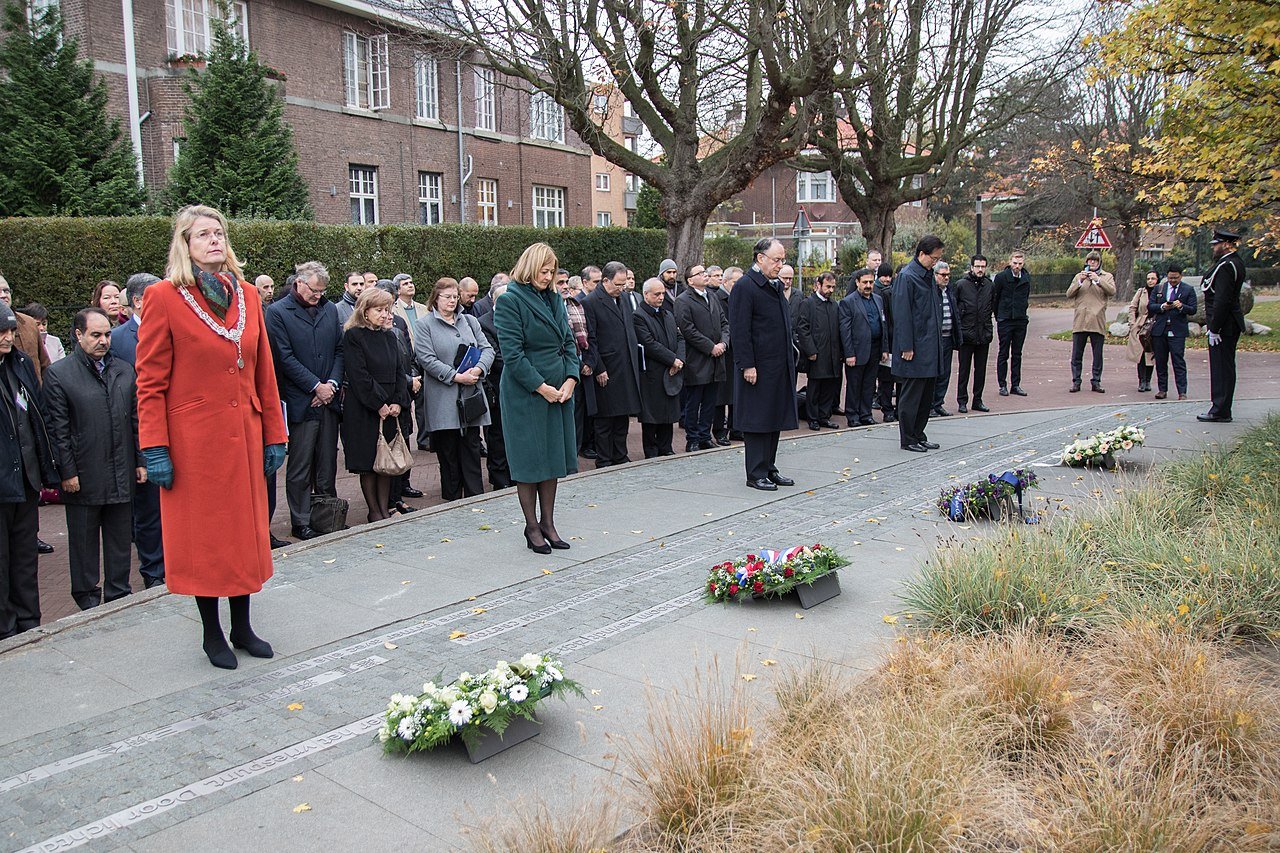2005: Day of Remembrance for All Victims of Chemical Warfare
The United Nations established November 30 as the “Day of Remembrance for All Victims of Chemical Warfare” in 2005. This observance is a solemn reminder of the tragic consequences of chemical warfare and serves as an opportunity to reaffirm the global commitment to the prohibition of chemical weapons.
The origins of chemical warfare can be traced back to ancient times, with the use of toxic substances in warfare documented in various civilizations. However, it was during World War I that chemical warfare reached unprecedented levels of devastation. The introduction of chemical agents such as mustard gas and chlorine gas resulted in horrific casualties and long-lasting effects on both soldiers and civilians.
The signing of the Chemical Weapons Convention in 1997 marked a significant milestone in the international community’s efforts to eliminate chemical weapons. This treaty, which has been ratified by almost all countries, aims to completely eradicate the production, stockpiling, and use of chemical weapons.
The Day of Remembrance for All Victims of Chemical Warfare not only honors the victims of past chemical attacks but also serves as a reminder of the ongoing threats posed by these weapons. Despite the progress made in the elimination of chemical weapons, there are still reports of their use in conflicts around the world. The observance of this day underscores the international community’s dedication to a world free of chemical weapons.
Chemical warfare has left a lasting impact on the affected communities, with survivors facing physical, psychological, and social challenges. The Day of Remembrance provides an opportunity to raise awareness about the plight of these victims and the need for support and assistance.
One of the most infamous incidents of chemical warfare occurred during the Iran-Iraq War in the 1980s. Both sides used chemical weapons, resulting in the deaths of thousands of people and leaving many more with severe health issues. The long-term effects of exposure to chemical agents have been well-documented, with survivors suffering from respiratory problems, skin disorders, and increased risk of cancer.
The use of chemical weapons in recent conflicts, such as the Syrian Civil War, has further highlighted the importance of international efforts to prevent and respond to such attacks. The Organization for the Prohibition of Chemical Weapons (OPCW) plays a crucial role in investigating allegations of chemical weapon use and promoting the implementation of the Chemical Weapons Convention.
On the Day of Remembrance for All Victims of Chemical Warfare, various events and activities take place around the world to raise awareness and promote the prohibition of chemical weapons. These may include memorial services, exhibitions, educational programs, and advocacy campaigns.
It is crucial to remember that the impact of chemical warfare extends beyond the immediate victims. The environment can also suffer long-term damage from the use of chemical agents, affecting ecosystems and posing risks to future generations.
As we commemorate the Day of Remembrance for All Victims of Chemical Warfare, it is essential to reflect on the devastating consequences of these weapons and recommit ourselves to their total elimination. The international community must continue to work together to uphold the principles of the Chemical Weapons Convention and ensure a safer and more peaceful world.
SEO Excerpt:
The United Nations established November 30 as the “Day of Remembrance for All Victims of Chemical Warfare” in 2005. This observance is a solemn reminder of the tragic consequences of chemical warfare and serves as an opportunity to reaffirm the global commitment to the prohibition of chemical weapons. The day honors the victims of chemical warfare and underscores the international community’s dedication to a world free of chemical weapons.

